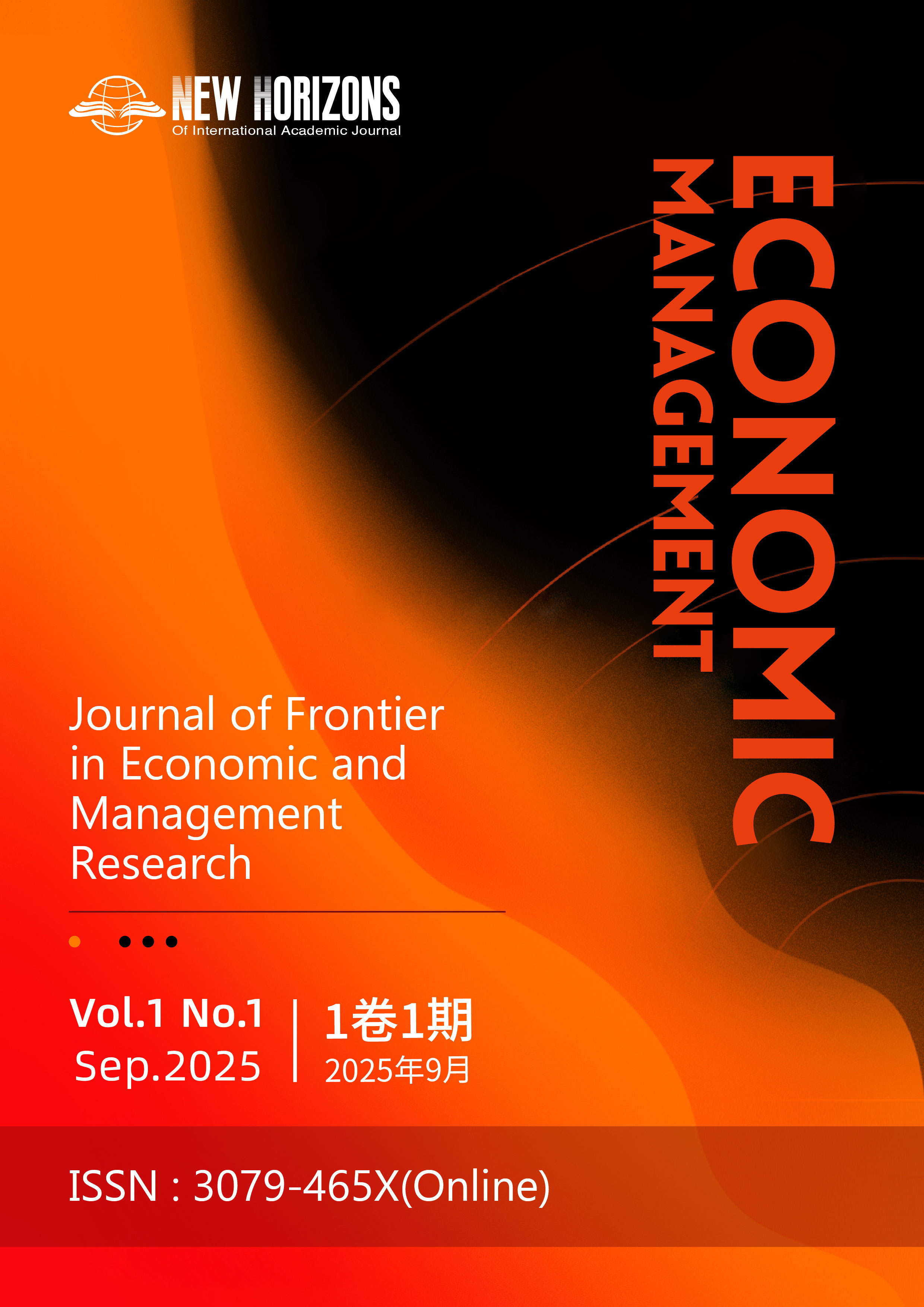[1] Yong Zheng, Yue Han. (2024). Supervisory board, internal control quality, and earnings management. Finance Research Letters, 77, 107083. https://doi.org/10.1016/j.frl.2025.107083 DOI: https://doi.org/10.1016/j.frl.2025.107083
[2] Jian Guan, Zhimin Gao, Justin Tan, Weizheng Sun, Fan Shi. (2021). Does the mixed ownership reform work? Influence of board chair on performance of state-owned enterprises. Journal of Business Research, 122, 51-59. https://doi.org/10.1016/j.jbusres.2020.08.038 DOI: https://doi.org/10.1016/j.jbusres.2020.08.038
[3] Mardjana, I. (1995). Ownership or Management Problems? A Case Study of Three Indonesian State Enterprises. Bulletin of Indonesian Economic Studies, 31(1), 73–107. https://doi.org/10.1080/00074919512331336735 DOI: https://doi.org/10.1080/00074919512331336735
[4] Ferran Eilís. (2003). The Role of the Shareholder in Internal Corporate Governance: Enabling Shareholders to Make Better-Informed Decisions. European Business Organization Law Review, 4(4), 491-516. https://doi.org/10.1017/S156675290300491993 DOI: https://doi.org/10.1017/S1566752903004919
[5] Indraneel Chakraborty, Nickolay Gantchev. (2013). Does shareholder coordination matter? Evidence from private placements. Journal of Financial Economics, 108(1), 213-230. https://doi.org/10.1016/j.jfineco.2012.10.001 DOI: https://doi.org/10.1016/j.jfineco.2012.10.001
[6] Ruiyuan Chen, Sadok El Ghoul, Omrane Guedhami, He Wang. (2017). Do state and foreign ownership affect investment efficiency? Evidence from privatizations. Journal of Corporate Finance, 42, 408-421. https://doi.org/10.1016/j.jcorpfin.2014.09.001 DOI: https://doi.org/10.1016/j.jcorpfin.2014.09.001
[7] Xiaoqian Zhang, Mingqiang Yu, Gaoquan Chen. (2020). Does mixed-ownership reform improve SOEs' innovation? Evidence from state ownership. China Economic Review, 61, 101450-101450. https://doi.org/10.1016/j.chieco.2020.101450 DOI: https://doi.org/10.1016/j.chieco.2020.101450
[8] Guohua Jiang, Charles M.C. Lee, Heng Yue. (2010). Tunneling through intercorporate loans: The China experience. Journal of Financial Economics, 98(1), 1-20. https://doi.org/10.1016/j.jfineco.2010.05.002 DOI: https://doi.org/10.1016/j.jfineco.2010.05.002
[9] Xiaoying Yang, Bo Jiang, Ye Bai, Liang Fu, Bozhen Liu. (2025). Misallocation in China: Evidence from China's business registration reform. China Economic Review, 93, 102452-102452. https://doi.org/10.1016/J.CHIECO.2025.102452 DOI: https://doi.org/10.1016/j.chieco.2025.102452
[10] Xie Yue, Wang Tianhui, Zhang Jinhua & Wang Na. (2023). Does controlling shareholders' share pledge exacerbate excessive financialization of enterprises?-Evidence from performance pressure perspective. PloS one, 18(7), e0288705. https://doi.org/10.1371/journal.pone.0288705 DOI: https://doi.org/10.1371/journal.pone.0288705
[11] Ting Ye, Qijia He, Shuxiao Chen, Bo Zhang. (2025). Role of placebo samples in observational studies. Journal of Causal Inference, 13(1), 20230020. https://doi.org/10.1515/jci-2023-0020 DOI: https://doi.org/10.1515/jci-2023-0020
[12] Markus Fitza, Laszlo Tihanyi. (2017). How Much Does Ownership Form Matter?. Strategic Management Journal, 38(13), 2726-2743. https://doi.org/10.1002/smj.2671 DOI: https://doi.org/10.1002/smj.2671
[13] Weibo Hu, Ping Chen. (2025). Financialization, institutional ownership, and long-term performance of growth ChiNext market enterprises. Finance Research Letters, 78, 107079-107079. https://doi.org/10.1016/j.frl.2025.107079 DOI: https://doi.org/10.1016/j.frl.2025.107079
 PDF
PDF
